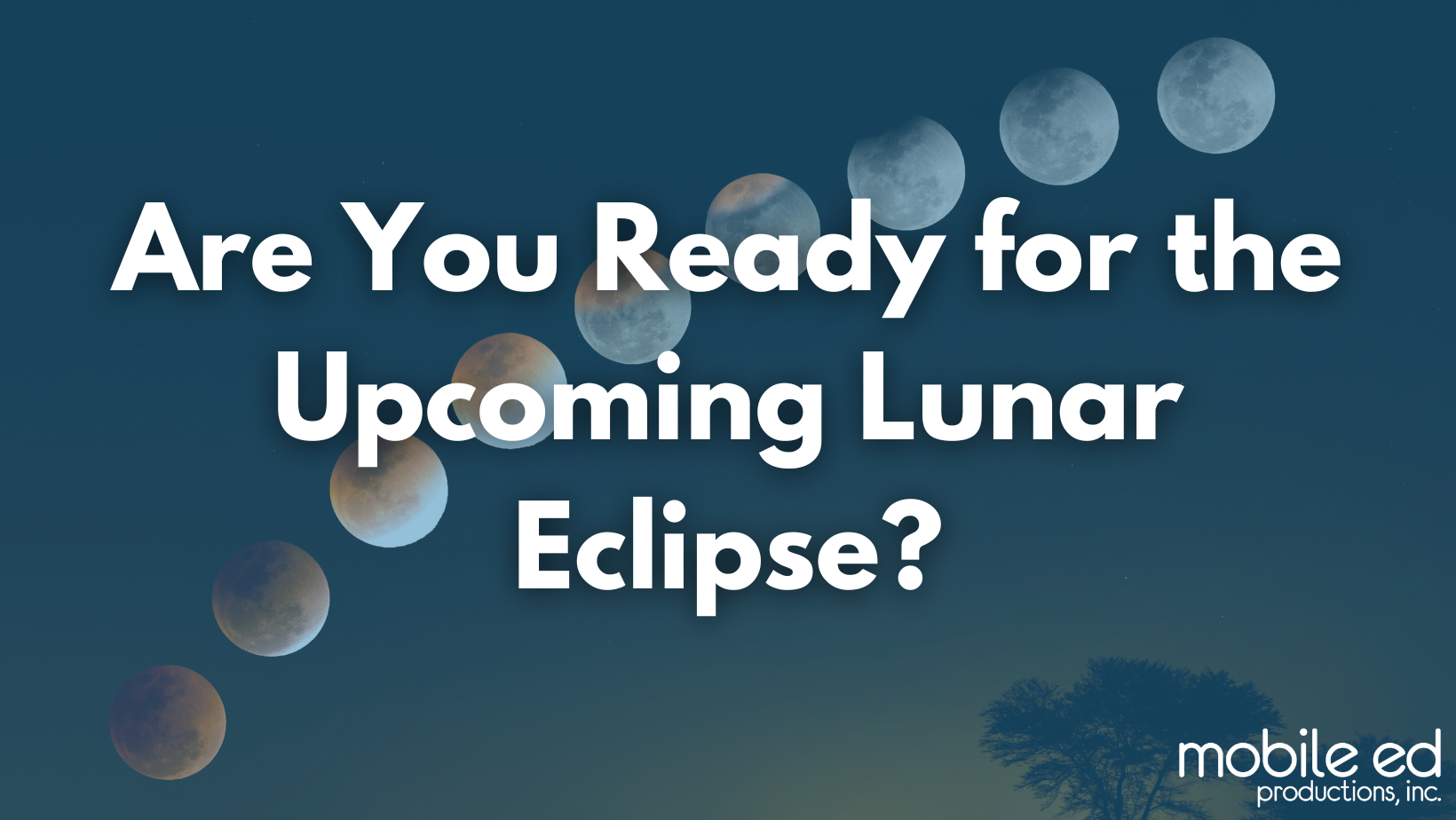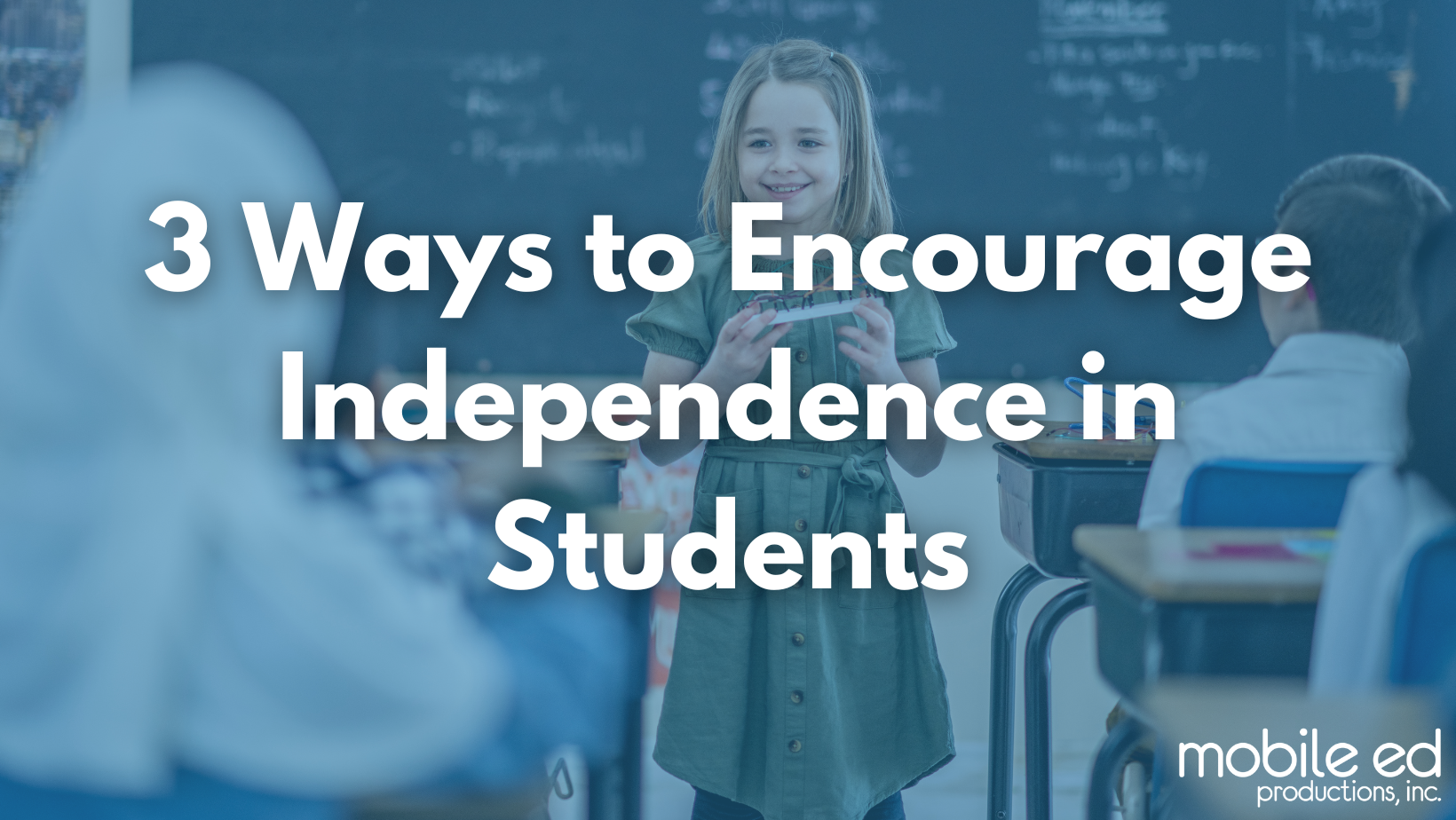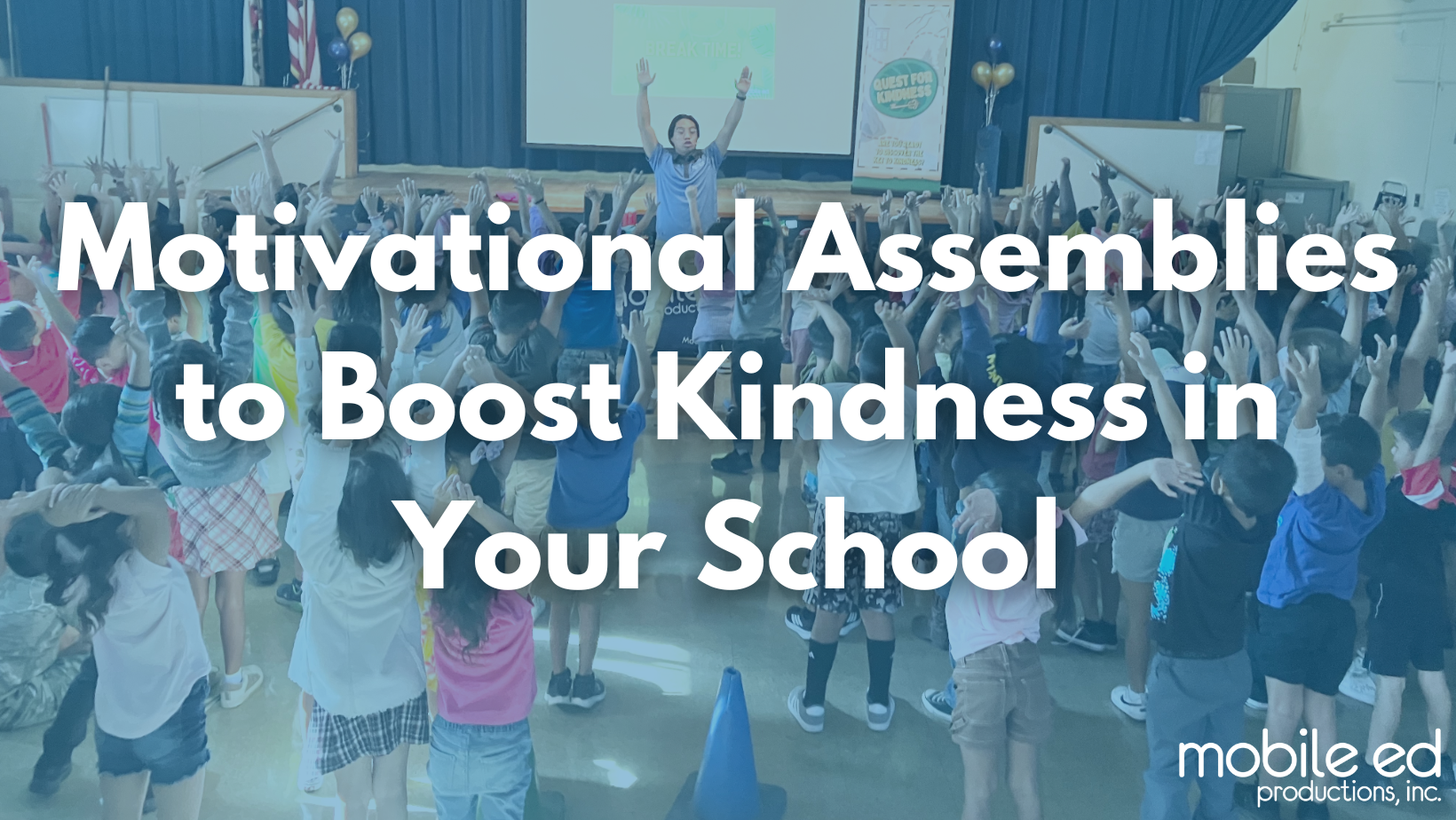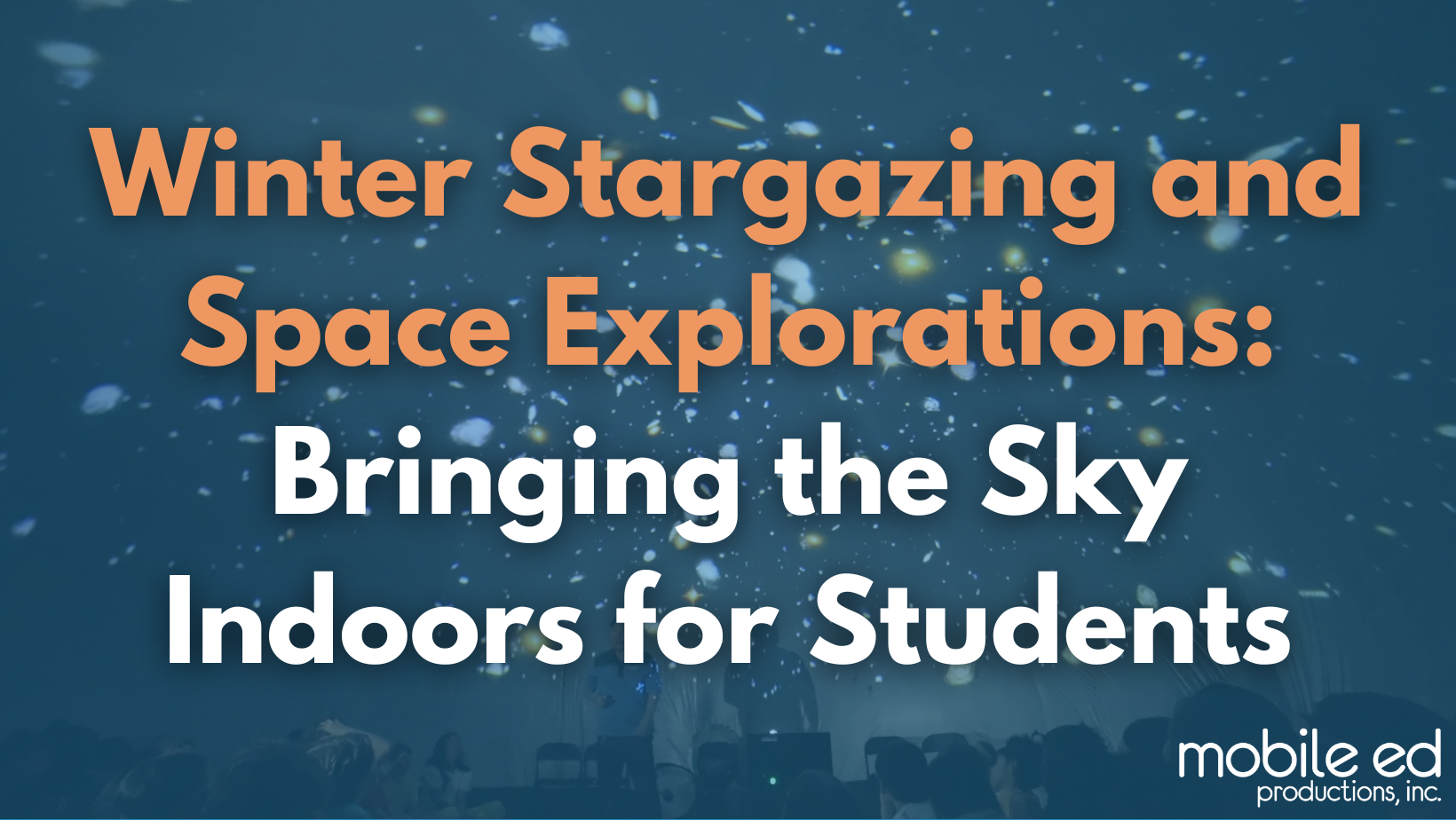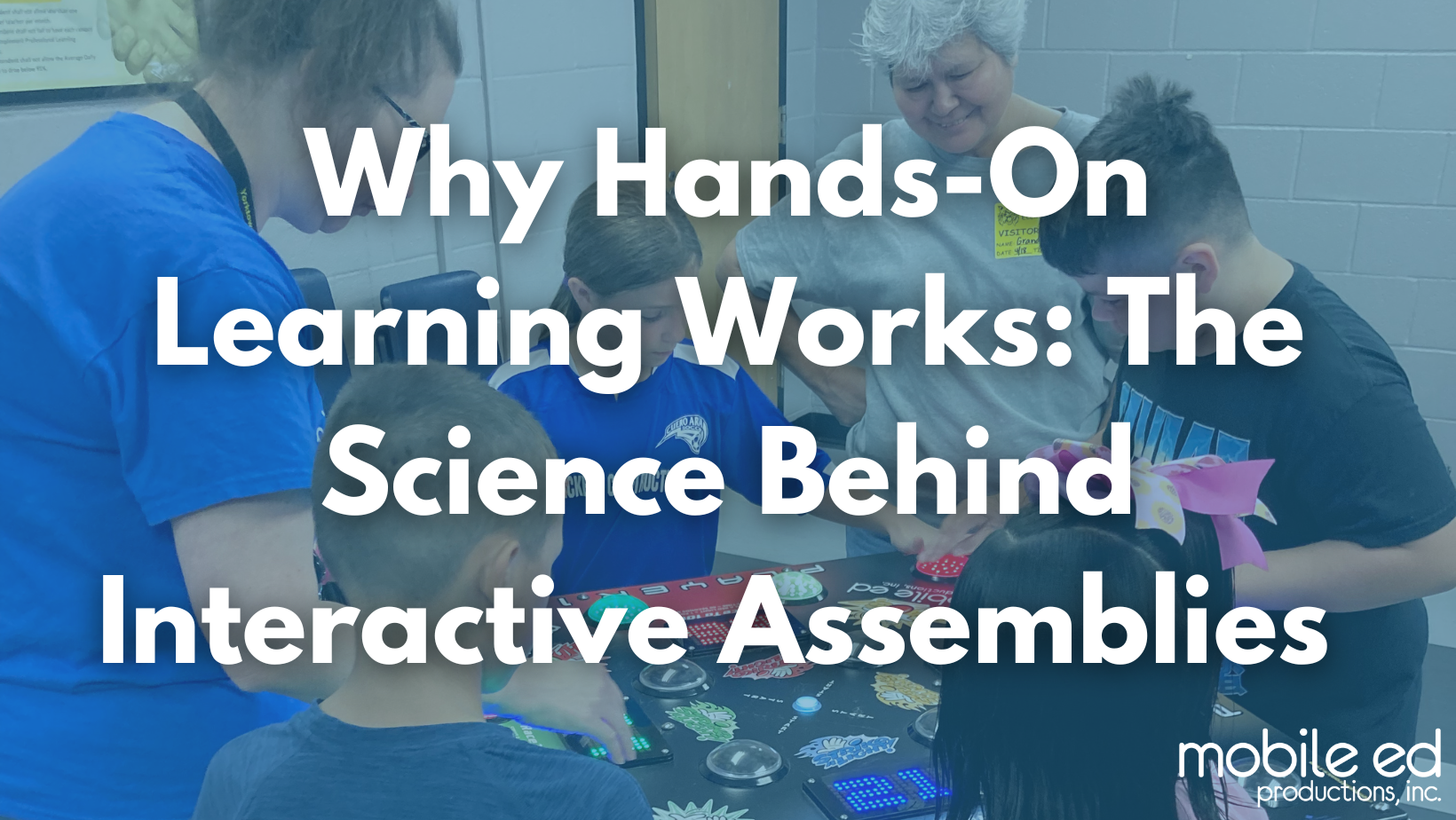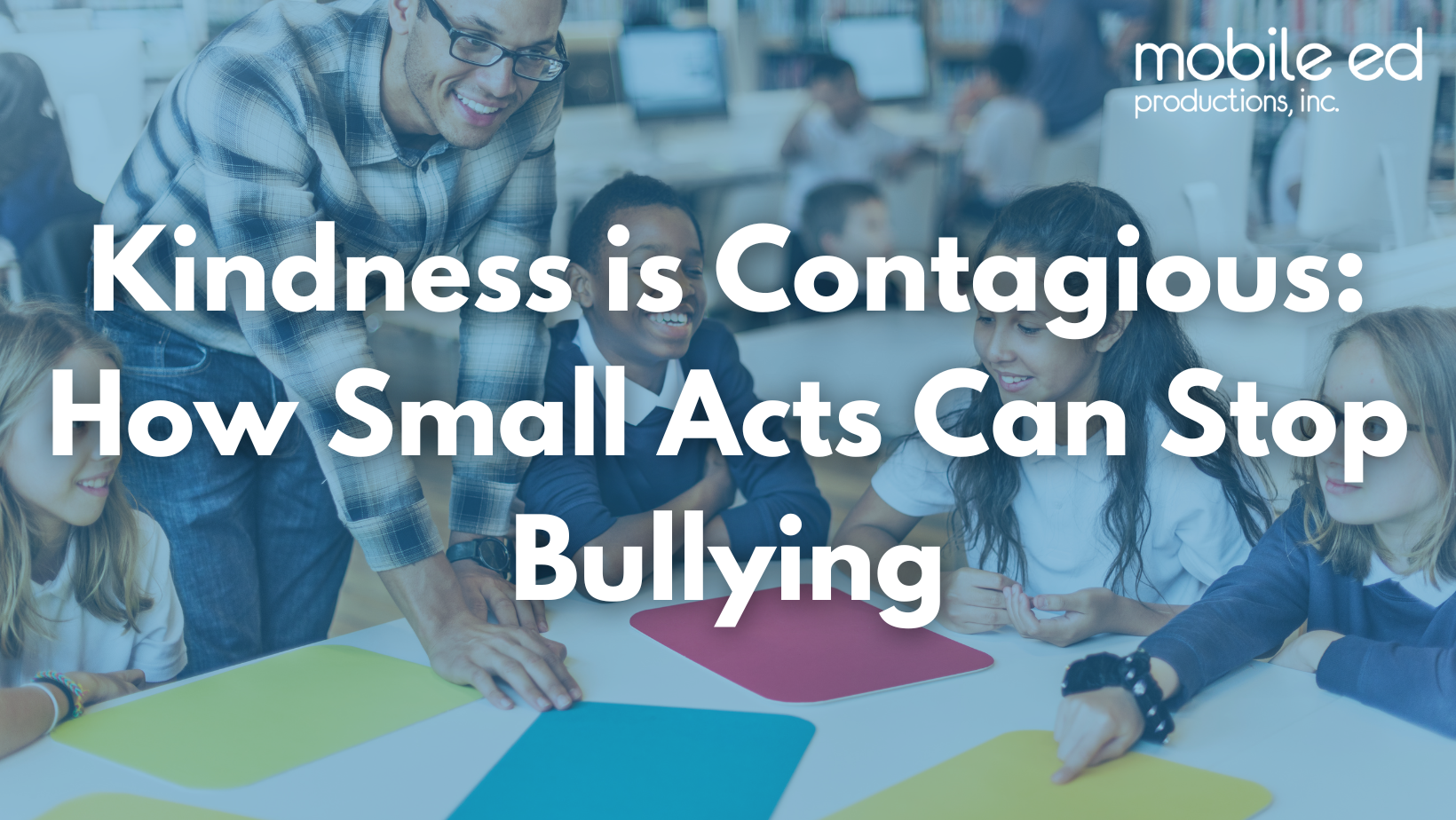Mark your calendars and set those alarms, because this is one early wake-up that actually pays off. A total lunar eclipse is coming, and it’s 2026’s only blood moon. It will be lighting up the sky in the wee morning hours of March 3rd. Events like this don’t come around often, but when they do, they have a way of convincing people to brave the cold, step outside half-awake, and stare at the sky in awe. For students, it’s a rare moment when science feels less like a lesson and more like an adventure.
Read MoreEducation Through Entertainment
Lindsey Sims
Recent Posts
Welcome to the FINAL week of January…or, as teachers like to call it: “The Month of 1,000 Mondays!” If you’ve spent the morning explaining the same reminder for the fourteenth time, we see you! We know you’re tired, but you’re doing incredible work. At Mobile Ed, we believe great classrooms aren’t just about mastering content, they’re about helping students learn how to steer their own ships. Making the shift from “The Teacher Who Does it All” to “The Guide on the Side” leads to a calmer classroom flow and, hopefully, a slightly less exhausted teacher by dismissal time.
Read MoreDo you suffer from chronic kindness reminders? You have delivered the speeches, posted the posters, and said “be kind” more times than you can count, yet unkind moments still find their way into classrooms, hallways, and group work. Teachers know kindness matters, but simply repeating the message does not always make it stick. If it did, that one poster would have solved everything by now. What truly makes a difference is giving students a shared experience that helps kindness feel real, relevant, and memorable.
Read MoreWinter Stargazing and Space Explorations: Bringing the Sky Indoors for Students
Posted on Mon, Dec 15, 2025
Winter brings chilly mornings, early sunsets, and the irresistible urge to wrap up in a blanket and look up at the sky. The colder months also offer some of the clearest stargazing opportunities of the year. But, let’s be honest for a moment. As much as we love the idea of a winter nature walk, the reality often involves a lot of shivering, chattering teeth, and students more focused on their frozen fingers than the wonders of the natural world.
Read MoreThe holiday season is the perfect time to mix festive cheer with hands-on science, and nothing brings the two together quite like this science project. When you hear the word physics, it might sound like something very tricky or the kind of thing only people with giant chalkboards understand, but this simple STEAM activity proves that physics can be just as fun as making hot cocoa and holiday cookies. This balloon rocket sends a paper sleigh zipping across the room using the same scientific principles that power real rockets. It is an engaging and fun way to get kids excited about science. And since Santa is already used to flying, it only seems fair that we give him another vehicle to try out. Not to worry, though, reindeer remain his preferred method of travel on Christmas Eve.
Read MoreEver notice how students can recite every line from their favorite movie but can’t quite remember the periodic table? That’s the power of engagement at work! When kids are involved, interested, and excited, learning doesn’t just happen… it sticks. At Mobile Ed Productions, we’ve built our programs around a key idea: when students touch, move, question, and laugh, they remember. Let’s dive into the science of why hands-on learning really works and why interactive assemblies might just be the secret ingredient to unforgettable education.
Read MoreIt’s that time of year when pumpkins glow, ghosts giggle, and classrooms fill with the spirit of discovery. Halloween is the perfect opportunity to mix spooky fun with hands-on learning, and nothing captures that magic quite like this Halloween Balloon Experiment. Imagine a balloon inflating all by itself, no hocus pocus required. It’s the perfect trick AND treat rolled into one. This simple, bubbling experiment demonstrates that what looks like magic is actually just science in disguise.
The Mobile Ed STEAM Museum brings the magic of science, technology, engineering, art, and math right to your school’s doorstep. Imagine walking into your gym one seemingly ordinary day and suddenly finding yourself surrounded by hands-on exhibits, exciting games, and creative challenges that make learning come alive for your students. From building a giant arch and exploring robotics to testing out your hand-eye coordination and designing structures, this traveling museum turns what would be an average school day into an unforgettable adventure in discovery.
Read MoreThe SkyDome Planetarium is one of the most exciting and immersive programs we bring to schools. From the moment students step inside, they are transported from their gymnasium to the depths of space. But what does it take to create such an unforgettable journey? Let’s take a peek behind the scenes. After all, it’s not rocket science… oh wait, some of it actually is!
Read MoreOctober is National Bullying Prevention Month, a time dedicated to building safer, kinder, and more inclusive spaces for students everywhere. One of the most powerful tools we have in this effort is kindness itself. Research shows that small, intentional acts of compassion, like including a classmate, offering encouragement, or giving a compliment, can ripple outward and create a culture where bullying struggles to take root.
Read More
